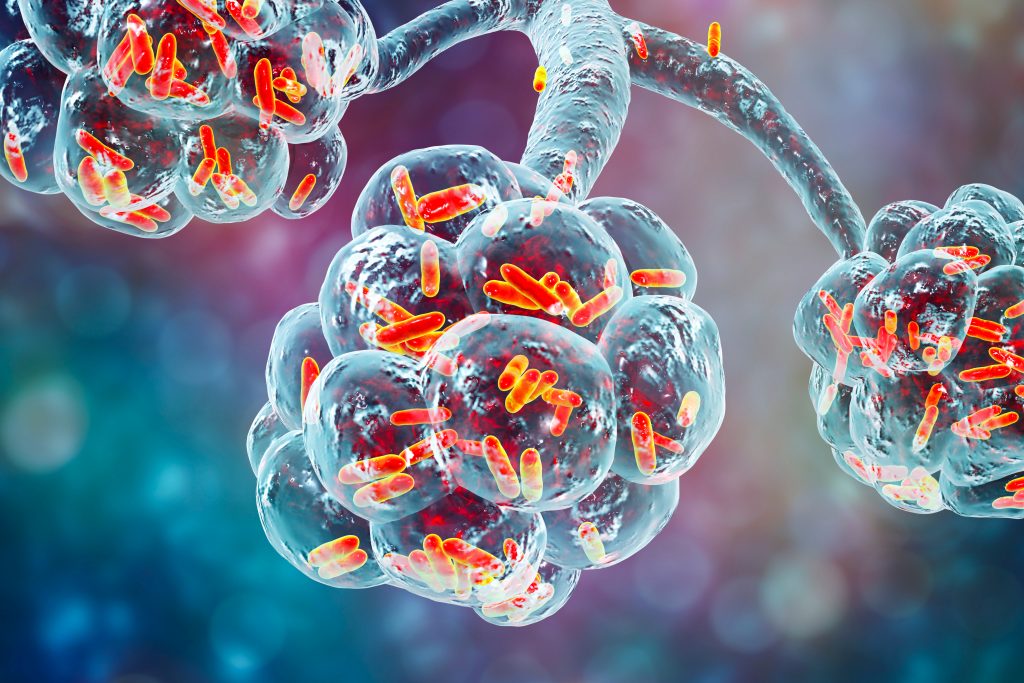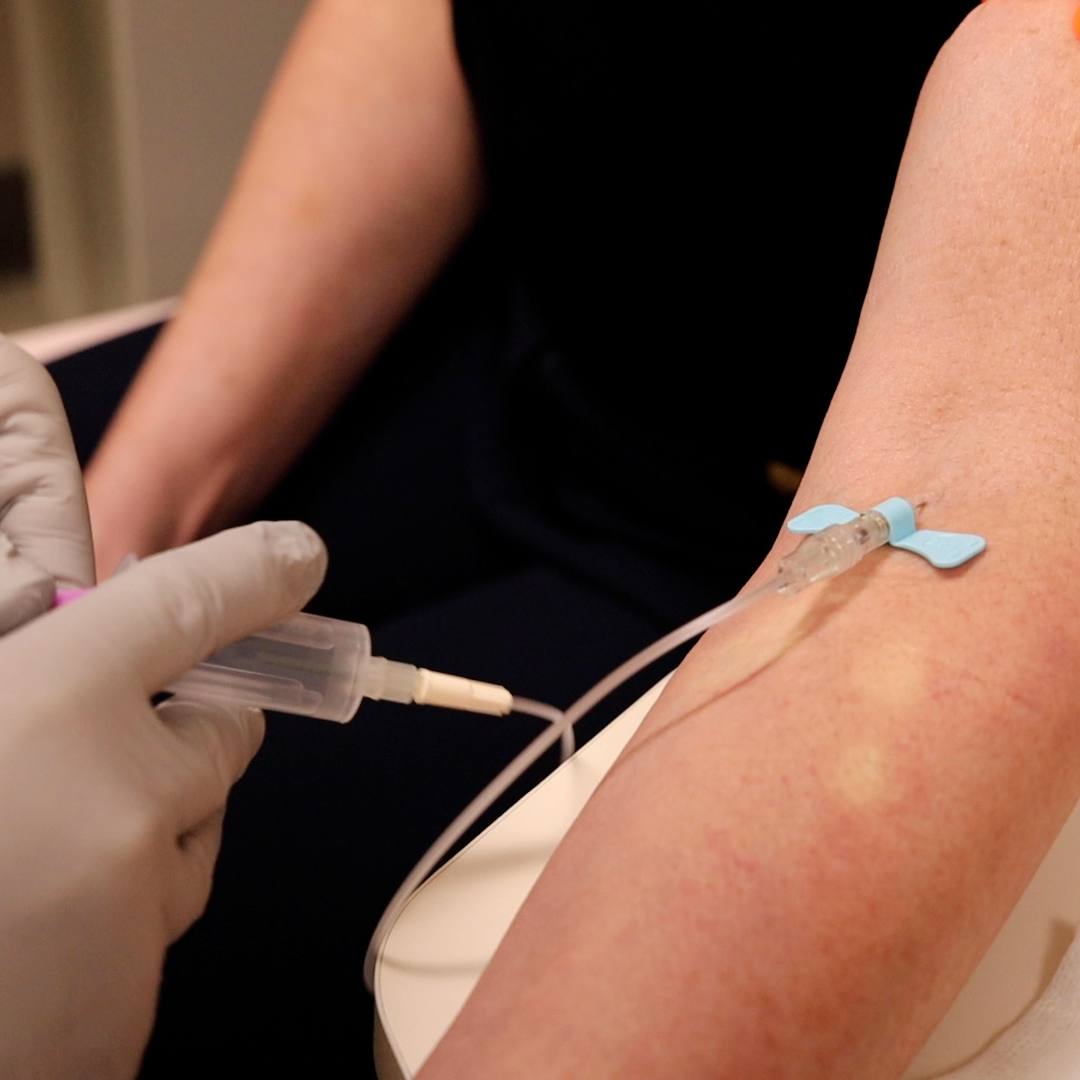-
Health & Wellness
Consumer Health: What is pneumonia?

World Pneumonia Day will be observed on Friday, Nov. 12. This is a day designated to raise awareness about pneumonia, promote interventions to prevent and treat pneumonia, and generate action to combat pneumonia.
Pneumonia is an infection that inflames the air sacs in one or both lungs. The air sacs may fill with fluid or pus, causing cough with phlegm or pus, fever, chills, and difficulty breathing.
Pneumonia can range in seriousness from mild to life-threatening. It is most serious for infants and young children, people over 65, and people with health problems or weakened immune systems.
Pneumonia is classified according to the types of germs that cause it and where the infection was acquired:
- Community-acquired pneumonia
This is the most common type of pneumonia. It occurs outside of hospitals or other health care facilities. Bacteria; Mycoplasma pneumoniae, a bacteria-like organism; fungi; and viruses, including SARS-CoV-2, which causes COVID-19, can cause community-acquired pneumonia. - Hospital-acquired pneumonia
This type of pneumonia happens during a hospital stay for another illness. It can be serious because the bacteria causing it may be more resistant to antibiotics and the people who get it are already sick. People who are on ventilators, which often are used in ICUs, are at higher risk of this type of pneumonia. - Health care-acquired pneumonia
This type of pneumonia is a bacterial infection that occurs in people who live in long-term care facilities or receive care in outpatient clinics, including kidney dialysis centers. Like hospital-acquired pneumonia, bacteria that are more resistant to antibiotics can cause health care-acquired pneumonia. - Aspiration pneumonia
This type of pneumonia occurs when people inhale food, drink, vomit or saliva into their lungs. Aspiration is more likely if something disturbs their normal gag reflex, such as a brain injury or swallowing problem, or excessive use of alcohol or drugs.
Signs and symptoms of pneumonia vary from mild to severe, depending on the type of germ causing the infection, age and overall health. Mild signs and symptoms often are similar to those of a cold or flu, but they last longer. Newborns and infants may not show any sign of the infection, or they may vomit; have a fever and cough; appear restless, or tired and without energy; or have difficulty breathing and eating.
Treatment for pneumonia involves curing the infection and preventing complications. Specific treatments depend on the type and severity of the pneumonia, as well as age and overall health. Treatment can include antibiotics, cough medicine, fever reducers and pain relievers.
People who have community-acquired pneumonia usually can be treated at home with medication. Although most symptoms ease in a few days or weeks, the feeling of tiredness can persist for a month or more. "Walking pneumonia" is an informal term for pneumonia that isn't severe enough to require bed rest or hospitalization.
Hospitalization may be required in some cases, and some people may be admitted to the ICU if they need to be placed on a ventilator or if their symptoms are severe.
Vaccines are available to prevent some types of pneumonia. The vaccination guidelines have changed over time, so be sure to review your vaccination status with your health care provider, even if you recall previously being vaccinated for pneumonia.
Connect with others talking about pneumonia and lung conditions in the Lung Health support group on Mayo Clinic Connect, an online patient community moderated by Mayo Clinic.
Related Articles







